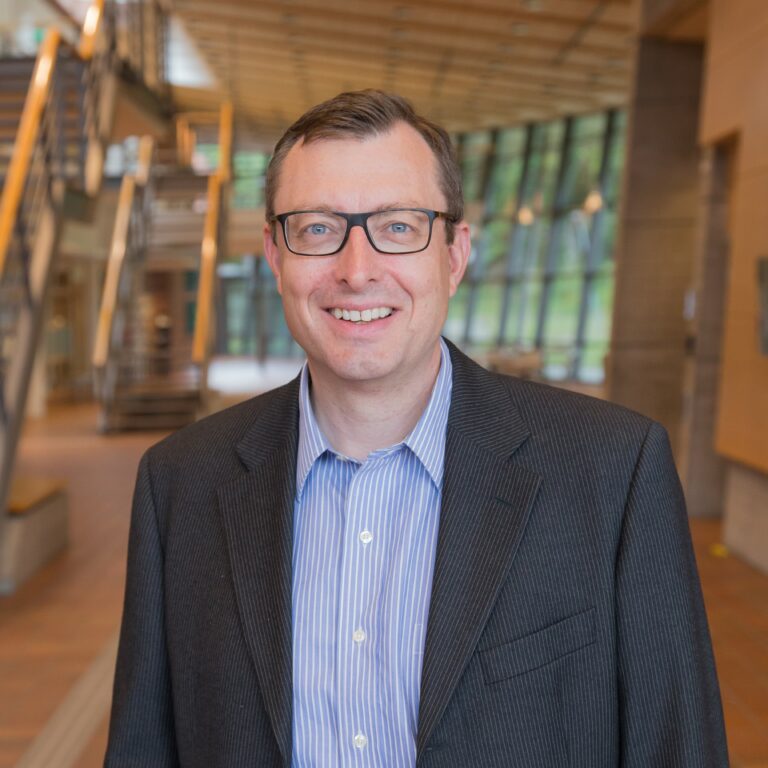Markus Franzén, a Senior Associate Professor at Linköping University, explores how climate change and land use modifications impact biodiversity patterns. His research focuses on the resilience of ecosystems, particularly how extreme weather and agricultural practices influence pollinator populations and plant dynamics. Through his work, Markus aims to inform sustainable land management and conservation strategies to support biodiversity in changing climates.
E-post: [email protected]



Johan Kroon, a researcher at SkogD in Ekebo, Svalöv, specializes in forest genetics and plant breeding. His work focuses on improving the genetic traits of forest species to enhance their adaptation to environmental changes and increase their resilience against diseases and pests. Johan’s efforts are crucial in developing sustainable forestry practices that boost forest health and productivity while also supporting biodiversity conservation. His plant breeding initiatives are key to preparing forests for future challenges, ensuring their continued vitality and the provision of essential resources and habitats.

Victor Johansson, a university lecturer split between Linköping University and Calluna AB, dedicates his expertise to landscape and population ecology with a focus on species conservation. He develops population models to predict the survival of various species under diverse management and climate scenarios. Victor’s research has spanned lichens, mosses, fungi, and vascular plants, and more recently, he has delved into the population dynamics of butterflies, especially in relation to grazing and extreme drought conditions. His work enhances both academic and practical approaches to ecological conservation.

Anna Jensen, a Professor at Linnaeus University, specializes in biology and forestry, focusing on ecophysiological issues related to forest management and the impacts of climate change on forestry practices. Her research explores sustainable management strategies that ensure the health and productivity of forests for future generations. At Linnaeus University, Anna’s work employs a combination of field studies and theoretical modeling, providing critical insights that influence sustainable forestry practices globally.

Johannes Edvardsson, a researcher at Lund University’s Department of Geology, specializes in dendrochronology, peatland development, long-term climatology, and quaternary sciences. His work focuses on using tree growth patterns to study large-scale climate changes and their effects on hydrology, vegetation, and carbon sequestration in peatlands. Johannes employs techniques like field studies, laser ablation spot analysis, and stable isotope analyses to examine how tree colonization impacts peatland ecosystems. His research provides critical insights into environmental changes and ecosystem responses, deepening our understanding of both historical and contemporary climate dynamics.

Lena Gustafsson, a Professor Emeritus, is celebrated for her contributions to forest biodiversity and conservation strategies. Her research has consistently emphasized the integration of conservation measures with sustainable forest management, focusing on the protection of key habitats and the retention of forestry resources. Since retiring in 2017, Lena remains influential in the field through strategic stakeholder engagement and active participation in national and international conservation discussions. Her dedication to translating ecological insights into practical applications has markedly influenced forest conservation policies and practices worldwide.

Marcus Hall is a PhD student at Linnaeus University. His research focuses on the role of intraspecific variation within oak species and its effects on ecosystem functioning and oak-associated biota. He investigates how local climate conditions and forest characteristics shape the food webs in oak forests and assesses the potential impacts of climate change on these complex ecosystems. Marcus’s work aims to deepen our understanding of how oak forests respond to environmental changes and inform strategies for their conservation.

